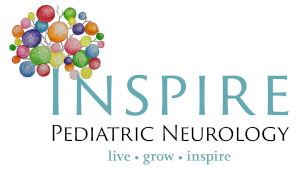Developmental Delay in Children
What is a developmental delay?
Children develop at different rates. Some differences between children are normal; however there are some skills that children are expected to develop by certain ages. When children do not reach these milestones, the differences may be signs of developmental delays or disabilities. Parents and primary caregivers are in the best position to see any delays with their child’s development that may require action.
The nature and severity of developmental delays can vary greatly among children. Some children will experience a delay in one area of development, while others may experience multiple delays. These issues can make daily activities like walking, getting dressed, communicating and playing more challenging than for other children.
Why seek early identification and intervention
Regardless of the type or severity of delay, evidence demonstrates
that all children who have developmental delays or disabilities benefit
from early recognition of the problem and timely treatment that is tailored to their specific developmental needs.
Seeking a developmental evaluation and gaining access to support while your child is young helps build a solid foundation
for your child’s future learning and success. Early identification and intervention can help your child reach their fullest potential.
Getting help if you are concerned your child has developmental delay
At Inspire Pediatric Neurology, we are committed to partnering with you and your family to help your child
lead a rich and fulfilling life. Our comprehensive neurodevelopmental evaluations consist of both a full
developmental evaluation and a full neurological consultation to provide a whole child approach to forming
an accurate diagnosis and treatment plan.
We see children for a variety of different concerns, including:
